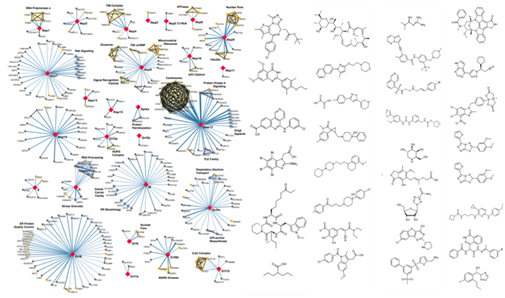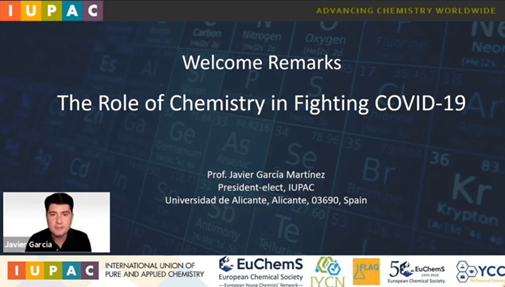|
ARTIGOS DE OPINIÃO
How chemistry is helping in the fight against Coronavirus. Chemistry, like many other sectors, has been hit hard by falling demand and an uncertain future; however, and thanks to the efforts of many, it is playing a key role in this global fight against the disease. Many chemists have shown great commitment and flexibility in this difficult time. Some have reinvented themselves to quickly develop the much-needed quick tests for the detection of the virus. For example, a group of scientists from the University of Maryland School of Medicine (U.S.) has developed an experimental diagnostic test for COVID-19 that can visually detect the presence of the virus in just 10 minutes. Chemists are also playing a major role in the race for a new vaccine and have delivered some promising alternatives in a matter of few months (see Figure 1). For example, the vaccine candidate originally developed to target MERS, and now adapted by a team of Oxford University researchers, has already entered in phase II/III human’s trials. These, and many other examples, speak volumes of the commitment and adaptability of chemists to contribute when their help is most needed.  Figure 1. SARS-CoV-2 interactors and molecules that modulate those interactors identified as potential therapeutic alternatives. Source: Nature
The chemical industry has had to reinvent itself without notice to produce the disinfectants, soaps, cleaning products, and the personal protective equipment that are having a key role in the control of the spread of the disease. In a time when supply chains are simply broken, many chemical plants have been reconverted to produce those chemicals we so desperately need. For example, BASF’s plant in Tarragona (Spain) has adapted to produce three million tons of hand sanitizer that are being donated to local hospitals. Similarly, Dow Chemical Company has been producing 300 tons of hand sanitizer per month in Stade (Germany), and has repurposed an existing facility in the U.S. to increase its production of this critical product. The new normal that will follow COVID-19 is going to demand profound changes in the chemicals industry to respond and in a more agile and effective way to the rapidly changing needs of volatile and uncertain time. Part of this effort should involve the digitalization of all its processes – from the plant to the office – and the diversification of its supply chains to ensure production and adapt to a rapidly changing demand.  Figure 2. Frame from the webinar “Chemists Fighting COVID-19 – The Status Quo” held on 2 April 2020 devoted to explaining how chemistry is playing a major role in the fight against the Coronavirus, from the production of disinfectant, the discovery of new treatments, to the development of effective vaccines.
Javier García Martínez
|
||||||||||||||||||||||||